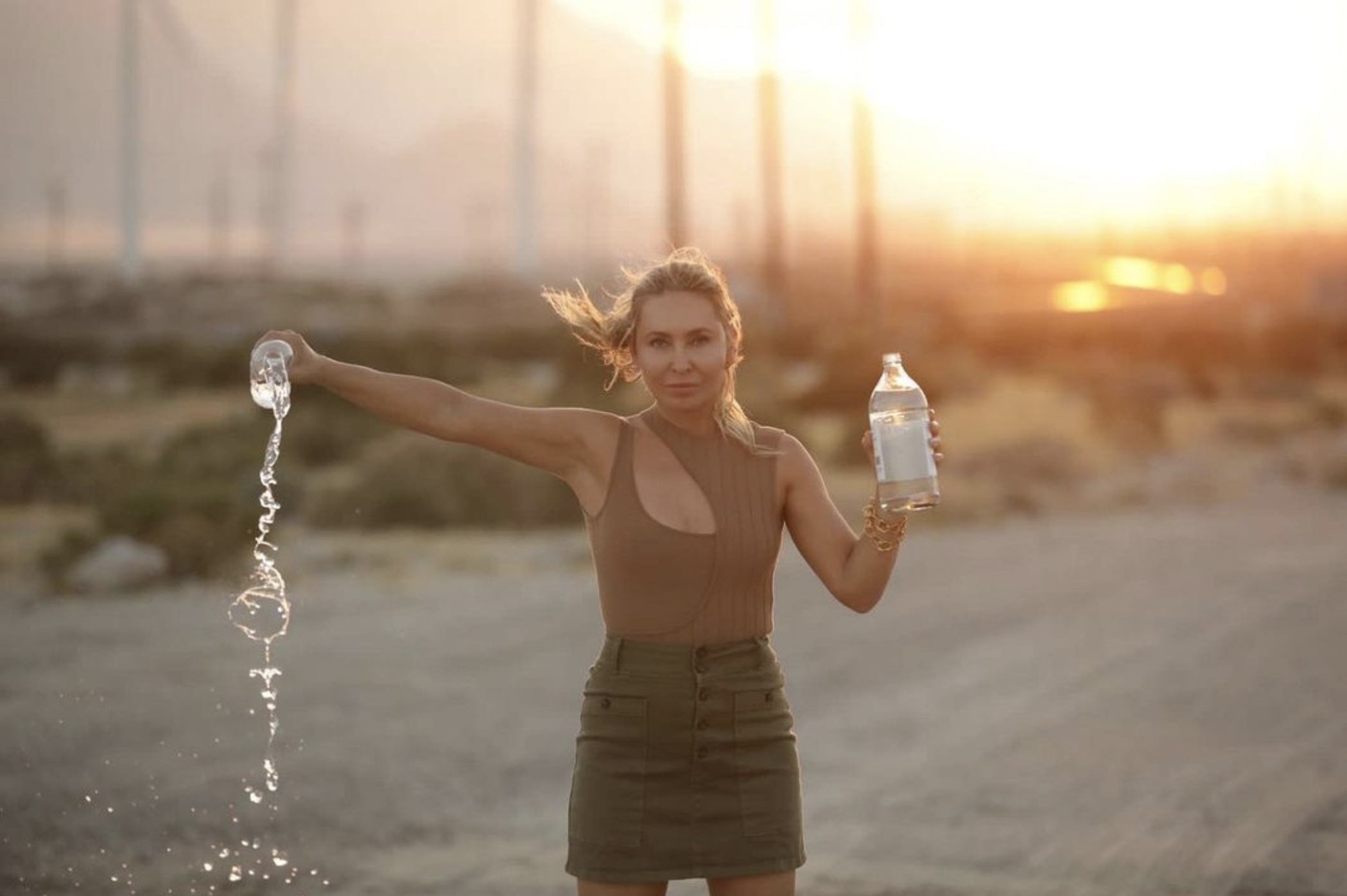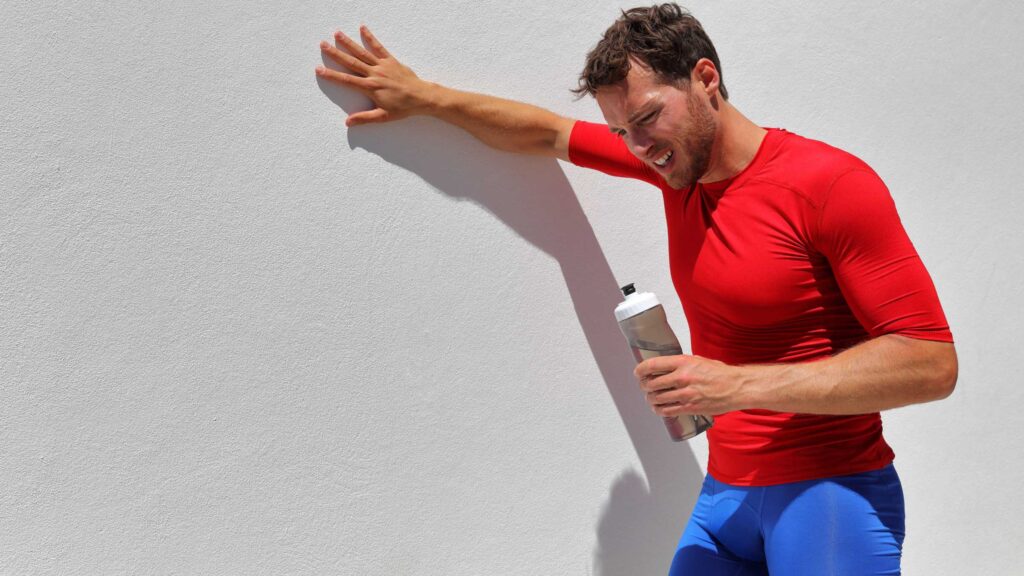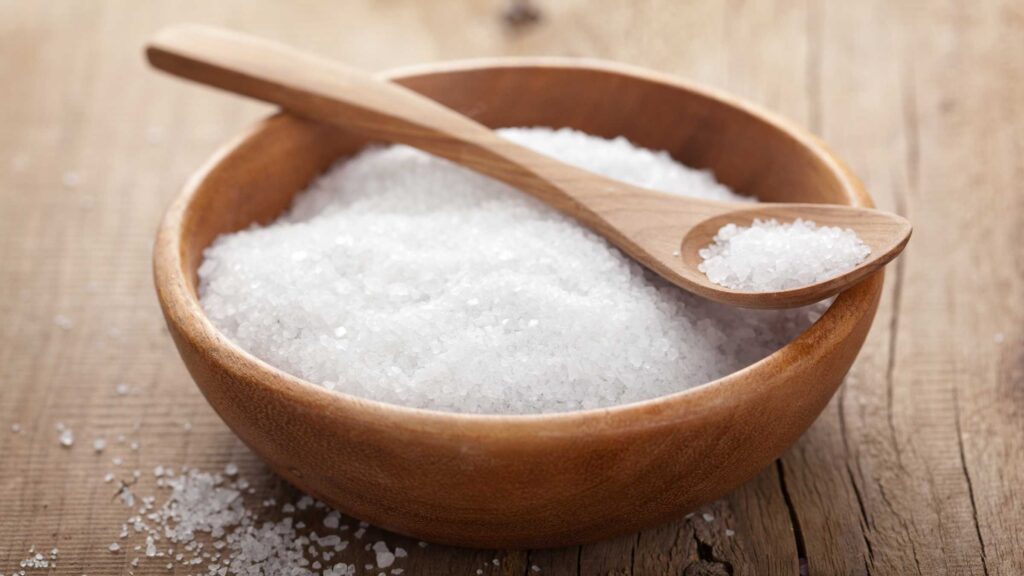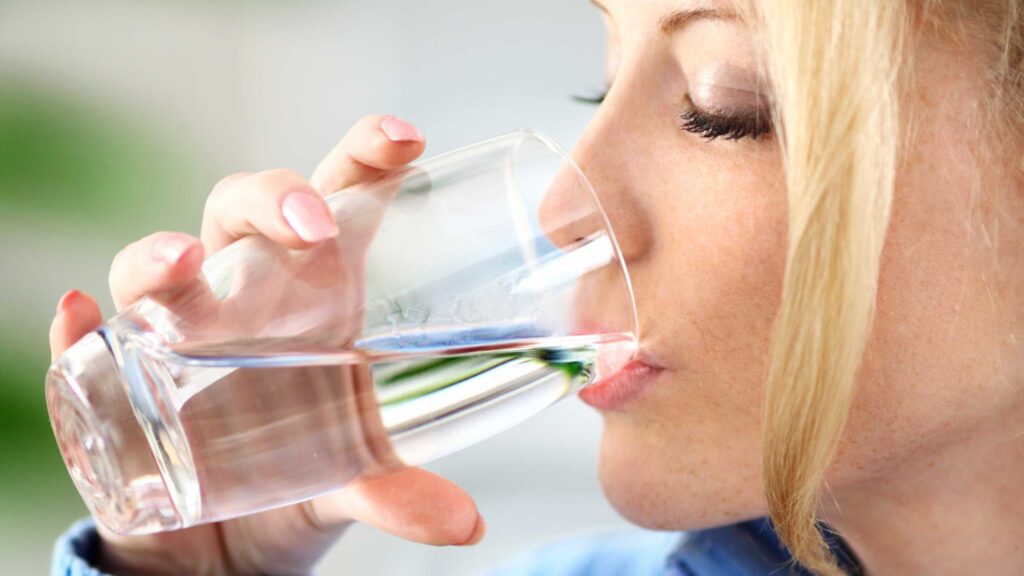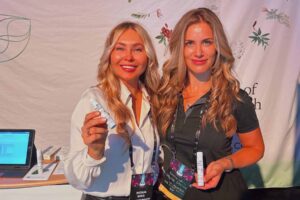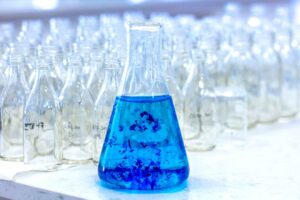As a passionate advocate for a holistic approach to health and wellness, I’ve always been intrigued by the intricate dance between our body’s needs and how we can meet them through what we consume. This exploration has led me down many paths, but perhaps none as significant as the journey to understanding the critical role of hydration and electrolytes in our overall health.
The relationship between electrolytes and hydration is not just a topic of interest in areas like sports medicine- it’s actually a fundamental aspect of human physiology that affects everyone.
Electrolytes, the electrically charged minerals such as sodium, potassium, magnesium, chloride, and bicarbonate, play an important role in various bodily functions. They are key in maintaining nerve and muscle function, ensuring proper fluid balance, and supporting muscle contraction. These main electrolytes, dissolved in water, travel through our bloodstream, helping regulate our body’s acid-base balance and hydration status.
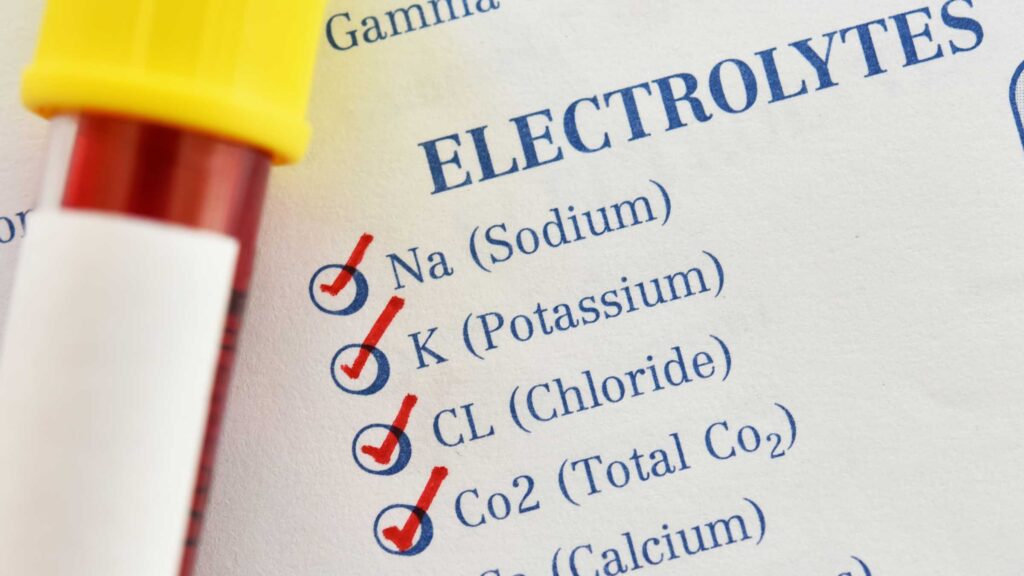
However, maintaining this delicate balance is not as simple as just drinking water. While hydration is obviously important, it’s the concentration of electrolytes in your blood that often determines how effectively your body uses the water you consume.
Here, I have to also mention the concept of oral rehydration solutions (ORS). ORS, a scientifically backed mixture of water, salts, and glucose, is designed to optimize hydration by enhancing the absorption of water in the intestines. It’s an effective method recommended by the World Health Organization for treating dehydration, especially in cases of diarrhea (common illness in travelers).
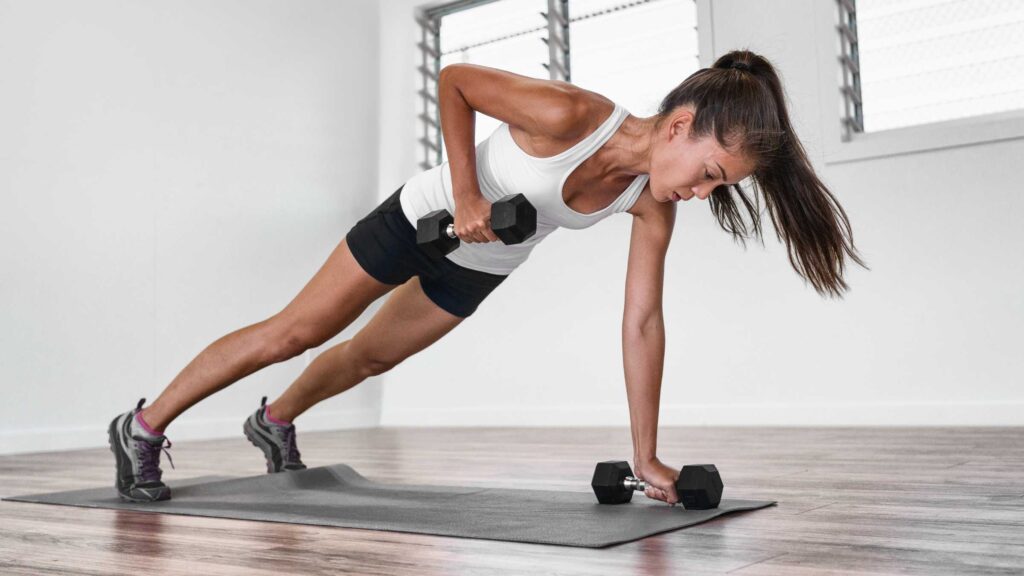
In my own quest for optimal health, I’ve learned that regular water alone isn’t always enough, particularly during intense physical activities when the body loses electrolytes through sweat.
This loss needs to be replenished to prevent muscle cramps and maintain muscle and nerve function. The right electrolyte drink can make a significant difference but be careful with sports drinks as many commercial options are high in sugar and may not have the ideal electrolyte balance. That’s why I’ve become an advocate for carefully choosing electrolyte supplements and drinks that support hydration without the unnecessary additives.
My journey also introduced me to hydrogen water (which is regular water with hydrogen gas added to it) that promises enhanced hydration among other health benefits. But more on that later!
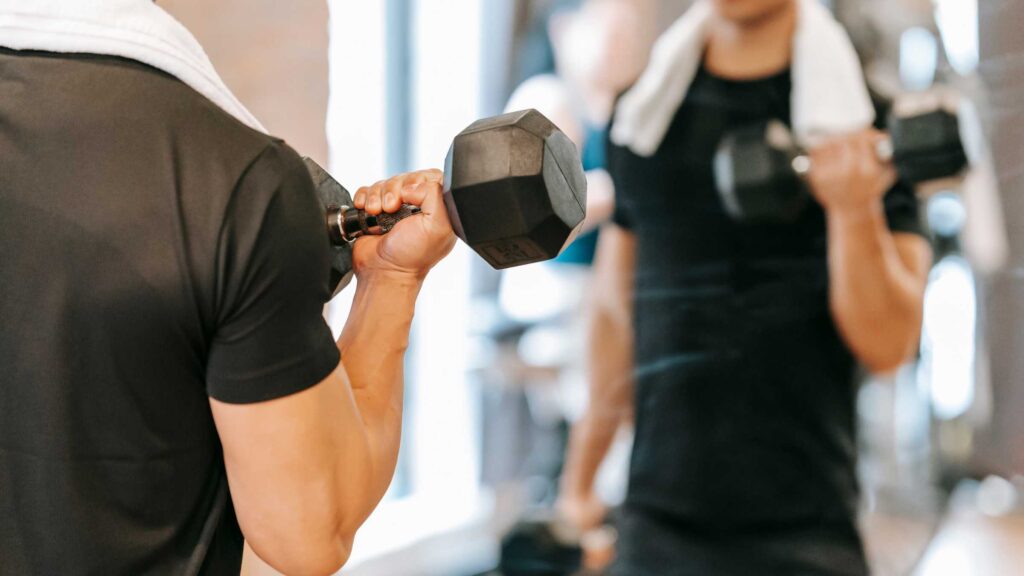
Whether you’re a professional athlete, a fitness enthusiast, or someone just trying to stay healthy and energized, understanding the role of electrolytes and proper hydration is key to preventing dehydration and ensuring your body works optimally. Electrolytes play an important role in the functions of the body, particularly in maintaining fluid balance and preventing water loss.
Our bodies need electrolytes to avoid imbalances that can lead to dehydration, which, if left untreated, can increase the risk of experiencing muscle cramps and other health issues.
In the following sections, I’ll dive deeper into the science behind how electrolytes help the body get and retain hydration, share my personal experiences with fasting and hydration strategies, and offer practical tips from my routine to help you maintain your electrolyte balance and hydration effectively.
Let’s explore how to balance and optimize our body’s hydration and electrolyte levels, understanding the crucial interplay between them and how it affects our overall health.

Understanding Hydration and Its Impact on the Body
Hydration is a fundamental aspect of our well-being. Water, constituting a significant portion of our body weight, plays an indispensable role in various physiological functions. From maintaining the balance of body fluids to regulating body temperature through sweat, water is involved in almost every bodily process.
For me, the journey to understanding the true impact of hydration on the body began a few years ago. I always knew drinking water was important, but I underestimated its critical role until I started diving deeper into the world of health and nutrition. It was a revelation to learn that water isn’t just about quenching thirst, it’s about maintaining a proper fluid balance in the body. This balance is crucial for digestion, absorption, circulation, creation of saliva, transportation of nutrients, and maintenance of body temperature.
Moreover, water plays a significant role in cellular homeostasis and metabolic processes. It acts as a building block, a solvent for chemical reactions, and a transport material for nutrients and waste. In the context of exercise and physical activity, which are a big part of my life, staying hydrated means ensuring optimal performance.
Dehydration, even in its mildest form, can lead to fatigue, dizziness, and confusion. It’s more than just feeling thirsty – it’s a serious condition where the body loses more fluid than it takes in. I once experienced dehydration during a long hike and realized how quickly it can sneak up on you.
My energy levels dropped, my muscles felt weak, and I couldn’t focus properly. It was a wake-up call to the importance of regular water intake, especially in situations where the body loses fluids rapidly, such as during intense exercise or in hot weather.
While water is the primary source of hydration, many foods, especially fruits and vegetables, have high water content and can contribute to overall fluid intake. For instance, consuming a watermelon or cucumber after a workout isn’t just refreshing, it’s an effective way to help replenish the water lost via sweat.
The Synergy of Water and Electrolytes
When it comes to staying hydrated, it’s not just about the amount of water you drink, it’s also about the quality and composition of that water. Water and electrolytes work together in a synergistic manner. It’s like understanding that a car needs both fuel and oil to run efficiently, similarly, our bodies need both water and electrolytes to function optimally.
Regular water, often referred to as ’empty water,’ can pass through the body without truly hydrating at the cellular level. This is where electrolytes come into play. Electrolytes (sodium, potassium, and magnesium) are key to helping water penetrate and hydrate cells more effectively. When I started adding a pinch of sea salt to my water or using electrolyte packets, I noticed a significant difference in how I felt. My energy levels were higher, and I felt more ‘quenched’ than with just plain water.
Electrolytes and Fasting: A Crucial Relationship
During fasting, you’re not just abstaining from food, your body is also missing out on the electrolytes that food provides. This is where understanding the crucial relationship between electrolytes and fasting becomes vital.
In my fasting experiences, I’ve learned that keeping my electrolyte levels balanced is key to a successful and healthy fast. When you fast, your body starts to use up stored nutrients, and this can lead to an electrolyte imbalance. Symptoms like headaches, fatigue, and irritability during fasting can often be attributed to this imbalance. To counter this, I make sure to supplement my diet with key electrolytes. A simple solution like adding a half teaspoon of sea salt to my water or using specific electrolyte packets has made a world of difference. It’s not just about staying hydrated, it’s about ensuring that your body retains the necessary electrolytes to function properly.
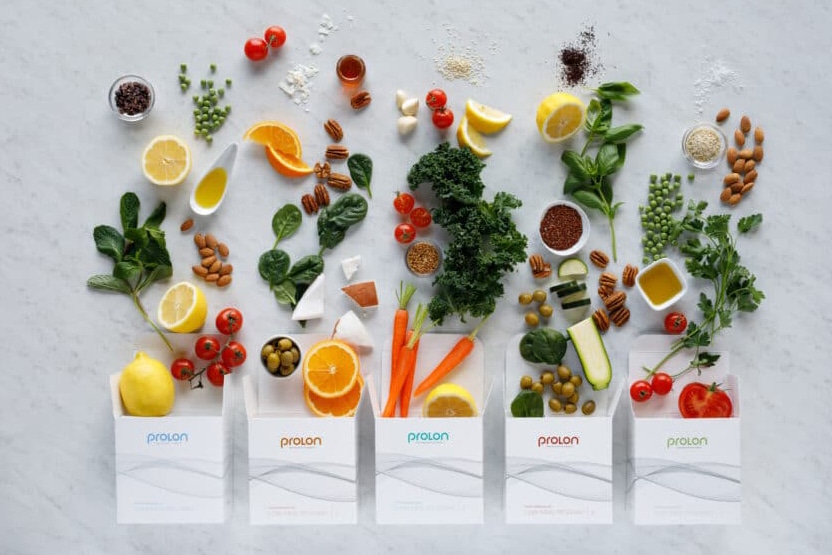
This another reason why I love the 5 day fasting with ProLon, they make it easy since every meal is scheduled and pre-prepared with a specific calorie count to make fasting much easier than if done without. As they say, “It’s the only nutrition program patented for promoting longevity & protecting lean body mass.”. Basically it’s fasting with food!
Dehydration
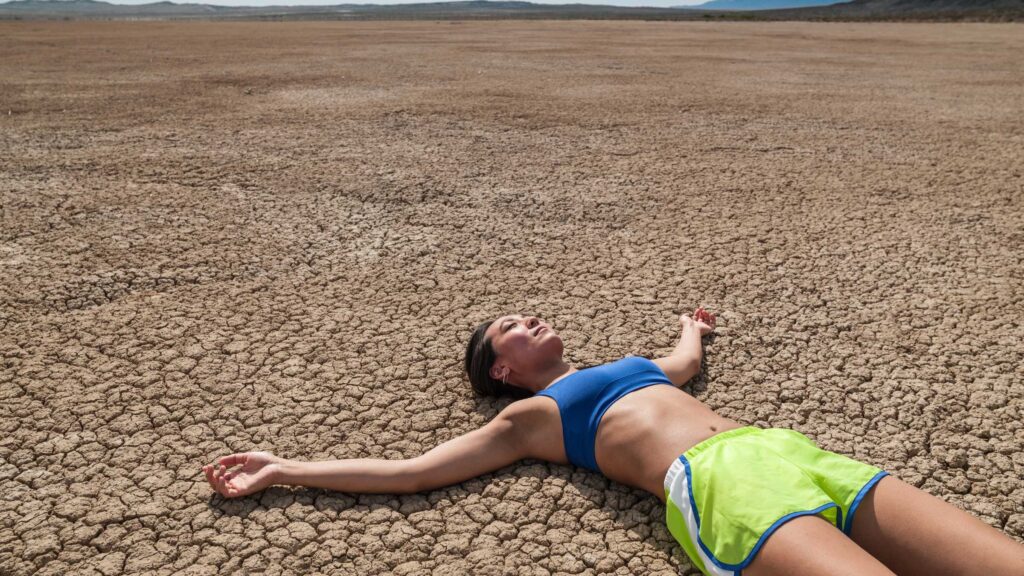
Like we touched on earlier, dehydration is a condition that goes far beyond the mere sensation of feeling thirsty. It’s a state where your body doesn’t have enough fluids to function properly. The signs and symptoms of dehydration can be subtle at first but can quickly escalate to more serious complications if not addressed. Common symptoms include dry mouth, fatigue, dizziness, less frequent urination, and dark-colored urine.
I recall a particular instance when I felt unusually fatigued and attributed it to a lack of sleep or overexertion from my workout routine. However, it turned out to be a case of mild dehydration. This realization hit me when, after increasing my water intake and adding some electrolytes to my diet, I noticed a significant improvement in my energy levels. This experience taught me the importance of listening to my body’s signals and recognizing that fatigue might sometimes be a cry for hydration.
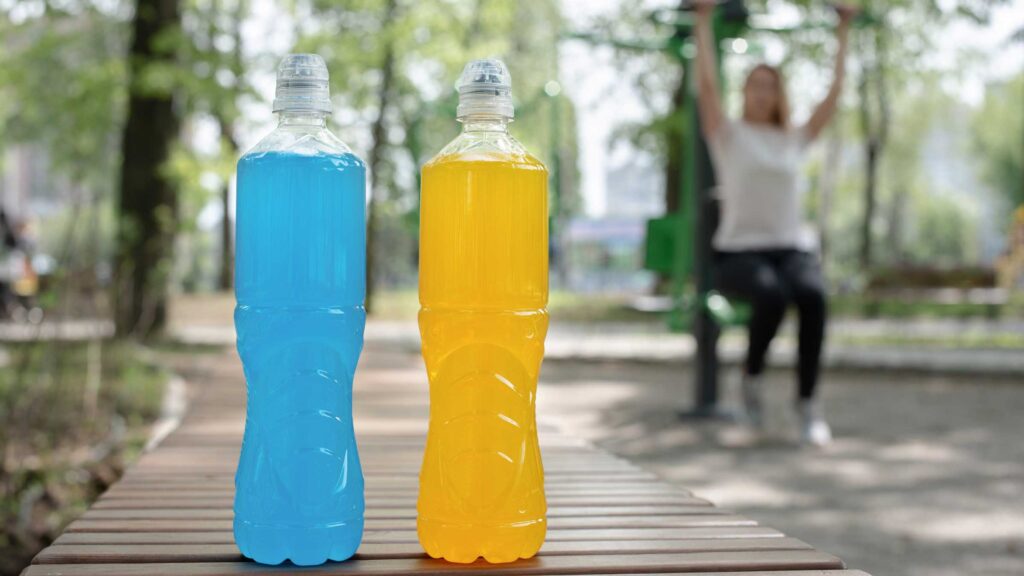
Rethinking Hydration: Choosing Healthier Alternatives to Popular Sports Drinks
Electrolytes are minerals that play a crucial role in sports medicine and nutrition, helping the body maintain optimal functions. A high electrolyte concentration, particularly a balanced gram of sodium per 16 ounces of fluid, can aid in better hydration, supporting healthy muscle function and thermoregulation. This is why athletes and fitness enthusiasts often turn to sports drinks like Gatorade to quickly get electrolytes, to replenish what’s lost and stay properly hydrated. These drinks are designed to provide a rapid boost in electrolytes and fluids, rehydrating the body faster than water alone.
However, there are significant considerations to be made regarding the consumption of such products. While these sports drinks are popular for their electrolyte replenishment capabilities, they are often not the best choice due to their high sugar content and the presence of artificial colors, preservatives, and chemicals. These additives can negate some of the benefits of hydration, especially when consumed regularly. For those seeking a healthier alternative, hydrogen water and hydrogen pills offer a much superior option.
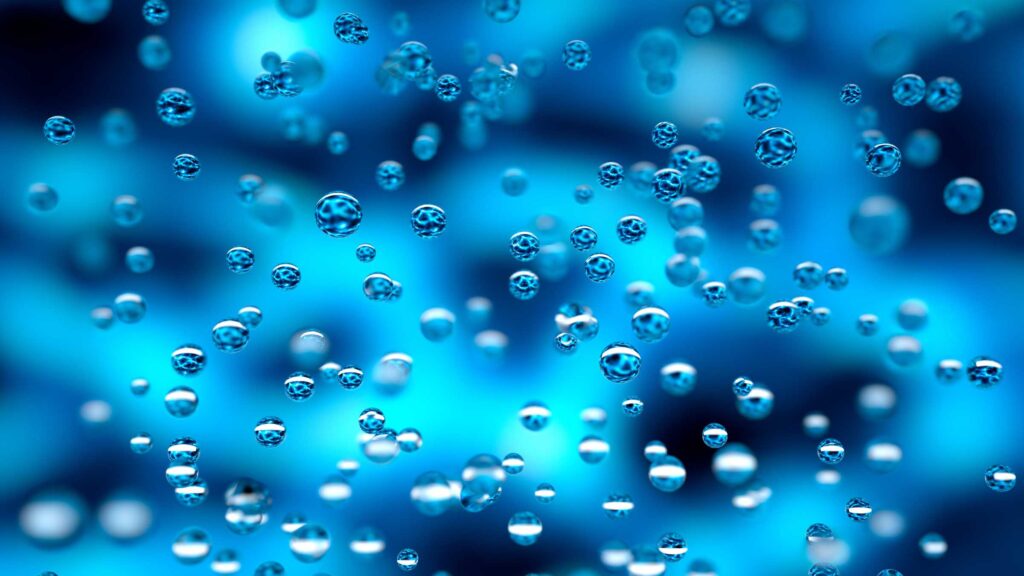
Hydrogen water provides the necessary hydration without the added sugars and chemicals, and when combined with hydrogen pills, it can help the body maintain its fluid and electrolyte balance more naturally and effectively. See my full article on how hydrogen water can benefit your body and mind here.
Understanding the body’s needs for electrolytes and ensuring a proper hydration strategy is vital for maintaining peak performance and preventing the negative effects of fluid and electrolyte imbalance.
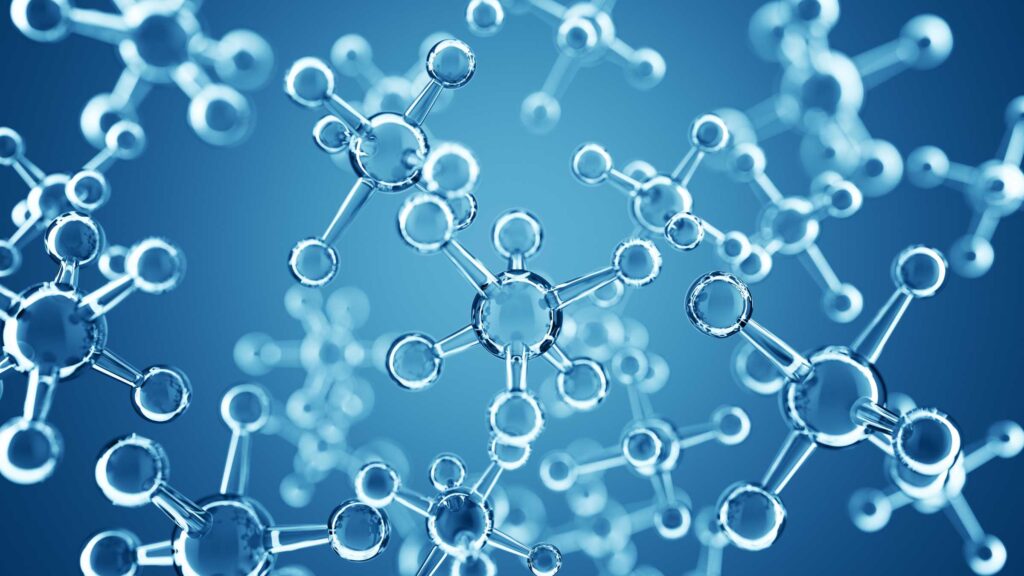
Hydrogen Water and Enhanced Hydration
Hydrogen water has been a game-changer in my hydration routine – its simply water into which additional hydrogen gas has been infused. The idea is that this extra hydrogen provides additional health benefits compared to regular water. Some of these purported benefits include better hydration at the cellular level, reduced inflammation, and improved athletic performance.
I remember purchasing a hydrogen water bottle – the benefits were immediate. Since I started using this machine years ago, the hydrogen water, enriched with electrolytes, didn’t just hydrate me, it rejuvenated my cells. I’ve noticed a remarkable difference in how I feel.
My hydration seems more effective, and I feel more refreshed and energetic throughout the day. The bottle I have is similar to this one offered by Q Life, mine is from a different brand but the technology is the same.
The science behind hydrogen water is still emerging, and while some studies suggest various health benefits, it’s a field that’s evolving. However, from my personal experience, incorporating hydrogen water into my daily routine has been extremely beneficial. It’s not just about the hydration but also about the overall feeling of health and vitality that comes with it.
My Personal Hydration Ritual
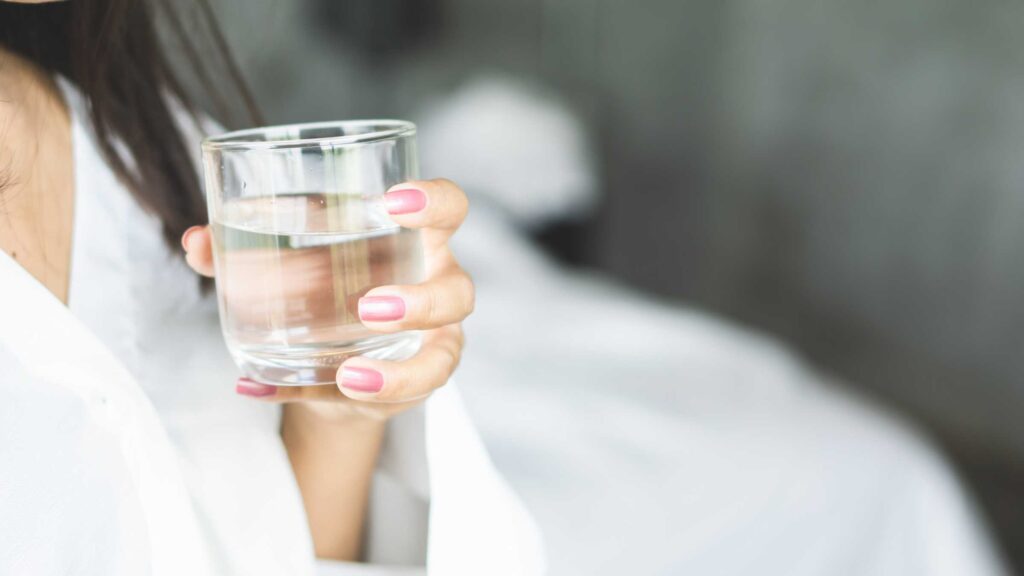
Morning Boost with Hydrogen Pills:
My mornings start with taking vitamins along with hydrogen water enhanced by hydrogen pills from Water and Wellness. This combination gives me a significant energy boost, and I consider these pills the best in the market.
For several years, I’ve also incorporated Quinton Hypertonic into my routine. It’s more than just a hydration aid – it helps cleanse the system and rejuvenate cells at a deeper level. The synergy of hydrogen water, hydrogen pills, and Quinton Hypertonic has been a game-changer for my health and well-being.
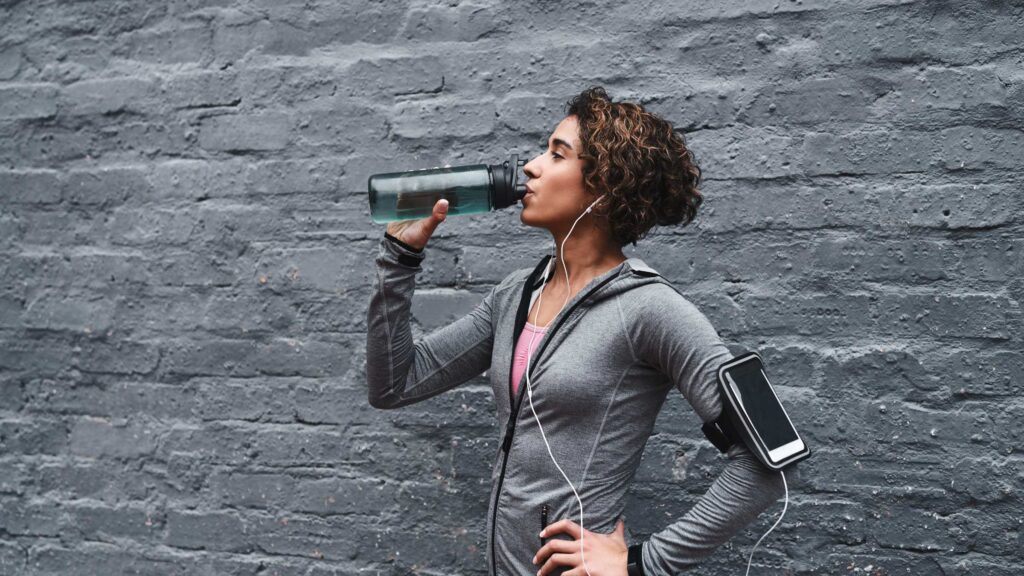
Hydration Throughout the Day
I ensure to hydrate regularly, not just when I’m thirsty. This includes a glass of water with electrolytes to start my day and maintaining hydration before, during, and after exercises, particularly with electrolyte-infused water. I also pay attention to my diet, incorporating foods rich in electrolytes, and stay adequately hydrated during sauna sessions.
Keep in mind, understanding the signs of dehydration and electrolyte imbalance is crucial. I listen to my body’s signals, like fatigue or muscle cramps, and adjust my hydration and electrolyte intake accordingly.

Coaching Sessions
I am currently offering one-on-one coaching sessions to help individuals who may be facing challenges in achieving their goals independently. My goal as a coach is to guide and support you in every step of your journey, while also holding you accountable for the actions you take towards achieving your desired outcomes.
Whether you want to improve your health and wellness, establish better habits, or achieve personal and professional growth, I can provide you with personalized attention, a customized approach that suits your unique needs, and the necessary tools and motivation to help you reach your full potential and transform your life.
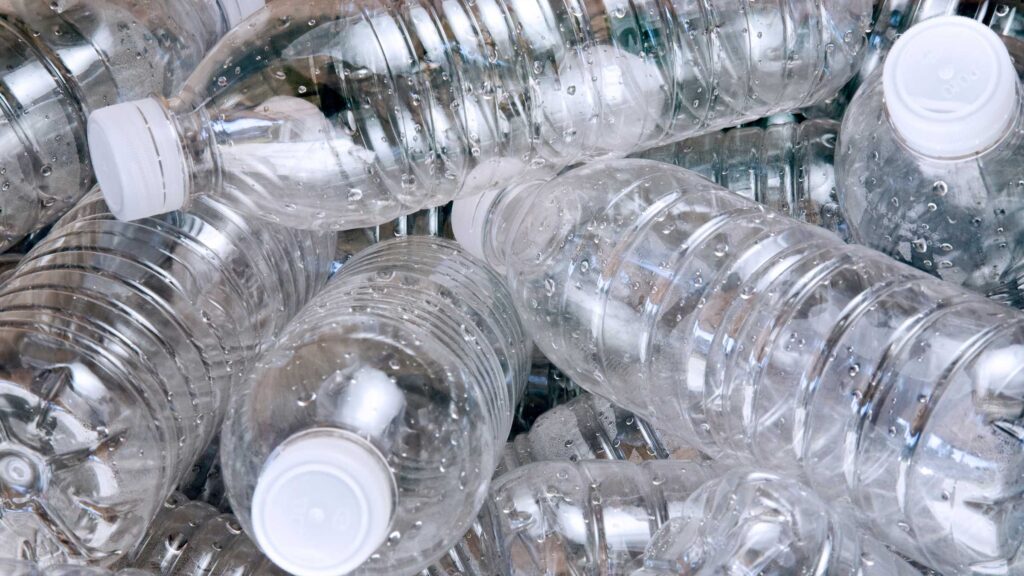
Please Say No to Plastic Bottles
Drinking out of plastic water bottles has become such a norm that even finding images of people not drinking from plastic bottles for this article was a challenge! This really speaks volumes about our consumption habits and their environmental impact.
But the truth is, plastic water bottles aren’t just bad for the environment- they’re not the best choice for our health either. Research shows that chemicals in plastics can leach into the water, especially when bottles are exposed to heat or sit for a long time. These chemicals can have adverse health effects, which is concerning given how many people rely on bottled water daily.
If you can, opt for glass bottles as they offer a safer and more sustainable alternative. Glass is free from harmful chemicals like BPA, and it doesn’t degrade over time or release any contaminants into the water. Plus, glass bottles are reusable and recyclable, making them a far more environmentally friendly option. By switching to glass, we’re not only ensuring that the water we drink is cleaner, but we’re also taking a stand against the overwhelming plastic pollution problem.
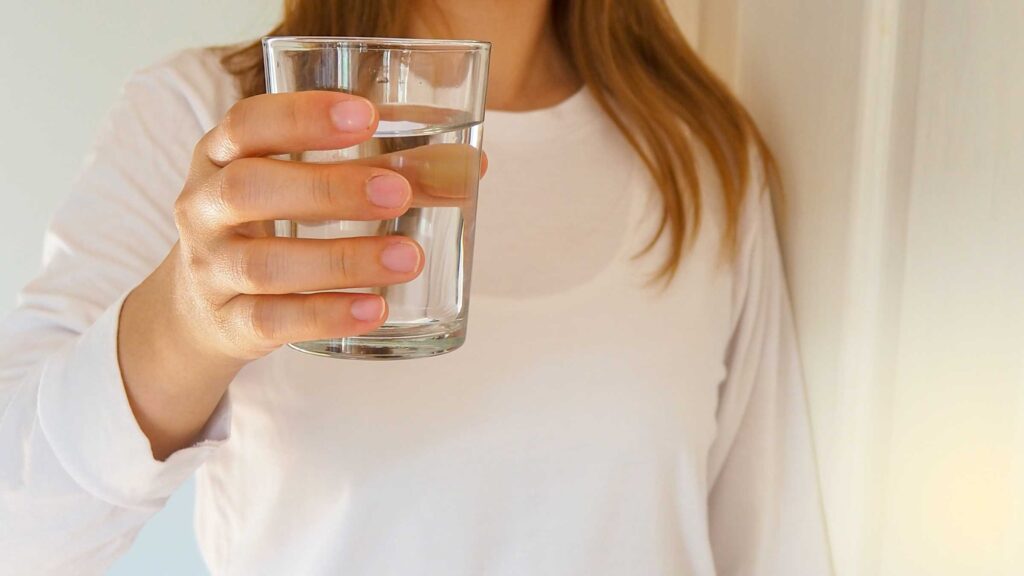
Conclusion
Hydration is not just a matter of drinking enough water but also about what kind of water we consume. By choosing hydrogen water, I’ve added an extra layer of health benefits to my hydration practices. The additional hydrogen in the water works wonders, providing my body with essential hydration while also offering the benefits of antioxidants and improved absorption efficiency.
This shift has been a powerful reminder of the impact our daily choices have on our health. Something as simple as the type of water we drink can significantly affect our well-being. Every glass of hydrogen water I consume is a step towards better health, nourishing my body at a cellular level and reinforcing the importance of mindful hydration.
Our health journey is a composite of the small choices we make every day. From the electrolytes we choose to replenish our bodies with, to the quality of water we drink, every decision plays a crucial role in our overall health and well-being. It’s about finding the right balance and understanding that our bodies are complex systems that thrive on quality care and nourishment. Remember, the journey to better health is a continuous process, one where every sip and every choice counts.

With a positive approach and a motivation mindset, you will reach your health goals, no matter how hard they may seem at first. Learn more about my one-on-one coaching program here.
